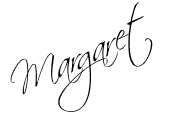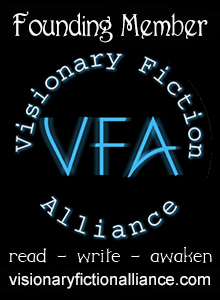There are many excellent books on craft available for the struggling writer, so how does one choose?
Well, word of mouth is a start. And that’s where I come in. I’ve purchased at least two hundred books on writing over the past ten years, and, although I don’t regret buying a single one (each has taught me enough to justify the cost), there are those that stand out as my favorites. I’m talking about the books I intend to read over and over again as my skill and understanding improves.
If a book will be of value to a writer or not often depends on his or her experience as a writer. Some books are geared for the beginner, while others are best reserved for the final revision process. Today, I want to plug three books for the beginner.
In a past post, I mentioned that I made the mistake of putting the cart before the horse in my early years of writing fiction. By that I mean, I sacrificed story for technique. I was trying so hard to become a good writer that I forgot I had to be a good story-teller first.
Recommended Books on writing for beginners
So my first suggestion for the beginner is to read Techniques of the Sellling Writer, by Dwight V. Swain. It may shorten your apprenticeship by years. Especially if you heed Swain’s words, “Feeling is the place every story starts. As a writer, your task is to bring this heart-bound feeling to the surface in your reader: to make it well and swell and surge and churn.”
Don’t let the word “Techniques” in the title fool you. Swain spends nearly fifty pages giving you the plain facts about feelings, and then another thirty-two on conflict (story as a chain of scenes and sequels). Read these sections over and over until you have them memorized. “Feeling is the place very story starts.”
As the title suggests, the author also instructs on technique. He covers story beginning, middle, and end, story preparation, planning and production, and the final preparation of your manuscript. This book is definitely a keeper.
Next, I suggest You Can Write A Novel, by James V. Smith, Jr.
Why? Because it’s short, it’s helpful, and it breaks down the process of writing a novel into simple pieces. Remember, it’s about story first. And this book’s Cardinal Rule #1 is “Never be boring, not for one scene, paragraph, sentence or word.”
You may find this book formulaic, but as long as you use it as a framework for a well-written, salable novel and you remember to add your own particular passion and emotion, you’ll be okay.
Smith helps you build a writer’s tool kit, which includes a character portfolio and a framework for your novel’s pieces. He provides illustrations for you to enlarge on a photocopy machine as masters to print on index cards and tape into manila folders. And at the end of the book, Smith helps you revise your novel to best-seller standards.
The third book I suggest for the beginner is The Writer’s Journey, Mythic Structure for Writers, by Christopher Vogler, which again, may come across at first as formulaic. But as stated in the book, “All stories consist of a few common structural elements found universally in myths, fairy tales, dreams, and movies. They are known collectively as The Hero’s Journey.” This book, based on the psychological writings by Carl Jung and the myth making philosophy of Joseph Campbell, helps you understand these elements and their use in your writing.
Remember, you are a storyteller, and the best story tellers use the principles of myth to create stores that are both entertaining and psychologically true.
In part one, the book covers the most common and useful archetypes (recurring character types, symbols, and relationships): The hero, mentor, threshold guardian, herald, shapeshifter,shadow, and trickster. These can give you some great ideas for characters and their purpose and function in your story.
In part two, the book covers the stages of a typical hero’s journey, which helps guide you through the labyrinth of a story: Ordinary World, Call to Adventure, Refusal of the Call, Meeting with the Mentor, Crossing the First Threshold, Tests, Allies, Enemies, etc.
Believe me, in the early stages of planning your story, you will find this book extremely helpful.
How good is that?
As always, thanks for stopping by,



Another great list! Thanks, you are a mountain of information! I'm so glad I found your site!
Thanks Raechelle. I'm glad you found me, too. My hope is that these books help others as they did and continues to help me.